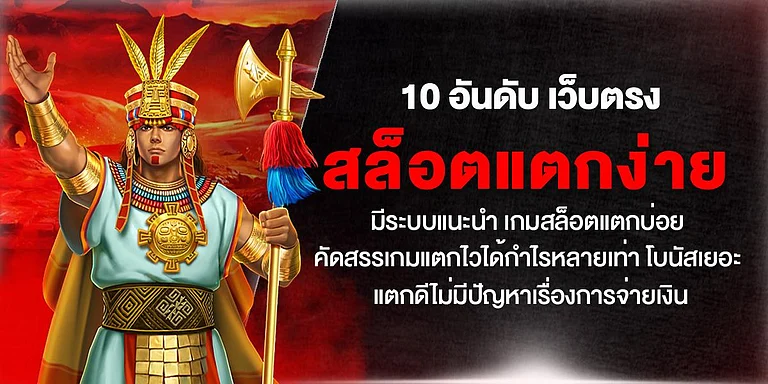Contemporary English fiction is largely concerned with cosmopolitan life, focusing on new realities like sexual diversity, man’s relations with technology and responses to myriad social changes. The outcome is often outstanding—Ian McEwan’s Saturday and A Machine Like Me, or Bernardine Evaristo’s Girl, Woman, Other. Yet such stories rarely cross the city limits.
Elephant, Paul Pickering’s new novel, is an irreverent attempt to reverse this municipal centrality by harking back to the robust picaresque tradition of the 18th century. Pickering’s own journeys seem to have brought him closer to the genre inhabited by masters like Defoe and Fielding. As a young man he joined the Sandinista revolution as an internationalista and listened to Fidel Castro’s nine-hour harangue, capping it with a bone-crushing handshake with his hero at a sugar mill during the victory celebrations. In Perfect English he recounts this experience. The Leopard’s Wife traces his travels through the Congo. While researching Over the Rainbow in Afghanistan, he narrowly escaped a Taliban attack. The pull of the picaresque, like the call of the road, seems to have been irresistible for Pickering.
He has lent scale and grandeur to the simple story of an orphaned boy’s relationship with an African elephant—a throwback to Mowgli and Hathi in Kipling’s Jungle Book—to turn it into a fascinating epic spanning civilisations, continents and centuries. The backdrop of the Bolshevik Revolution in Russia and infusion of Schopenhauer’s philosophy give the narrative an altogether different scale. Poignant moments in individuals’ lives combine with the tumult of uprisings, diplomatic intrigue, spooks’ villainous moves and nervousness in European capitals at the rise of the Reds to produce an engrossing fable on a huge canvas.
Alexei, an illegitimate child of the last Tsar in the St Petersburg imperial nursery, is exiled to a far-off place for foretelling the emperor’s death: ‘Le Tsar doit mourir’. At the peak of the revolution, he escapes, crossing the ocean with the elephant as his company in the ship’s hold. The account of the boy riding the giant tusker across the English landscape dotted with distressed industrial towns to meet the British king captures the tensions and uncertainties of a time when England was grappling with the implications of Lenin being the head of the new Soviet state.
A century later, in Covid-time New York, a Harvard academic receives from anonymous sources the boy’s purported memoir. Natasha soon discovers them: a clan of rich Russian émigrés owing allegiance to the Tsarist court, obliterating the 70-year interregnum of communism. Their lavish homes are an evocation of the imperial palace where Tsarist customs and rituals survive. They call Natasha ‘Little Princess’, claiming her as one of them.
Commissioned by the clan, Natasha sets out, retracing the footsteps of the boy, who, his English mentors believed, was the sole inheritor to Tsar Nicholas II’s throne and his immense investments in England. After travelling to Russia and Britain to recover Alexei from the trappings of myth, she makes a no-nonsense, professional presentation to the group about her findings. Her inquest strips bare the boy of all mystique and glory, portraying him, armed with a psychiatrist’s opinion, as “autistic and probably at least borderline Asperger’s”. Angered by the harsh truth, the group shoos away Natasha.
At the centre of Pickering’s meticulously researched narrative is the gigantic female elephant, a metaphor for lost innocence and uncorrupted simplicity the fast-industrialising capitalist world feels apprehensive of. Alexei’s dream about ‘the river of dark fire’ is actually an echo of Schopenhauer’s account of “the anarchic, artistic Wille, the raw power behind creation”. The elephant, as Natasha fails to convince the émigrés, “is a counter to the inhumanity of our digital age”.
Both profound and slapstick, a bit of a fantasy, Elephant is the quintessential saga of a civilisation that has irrevocably messed up its own affairs. The elephant is our aspiration for freedom.
(This appeared in the print edition as "Felt With A Trunk")
























